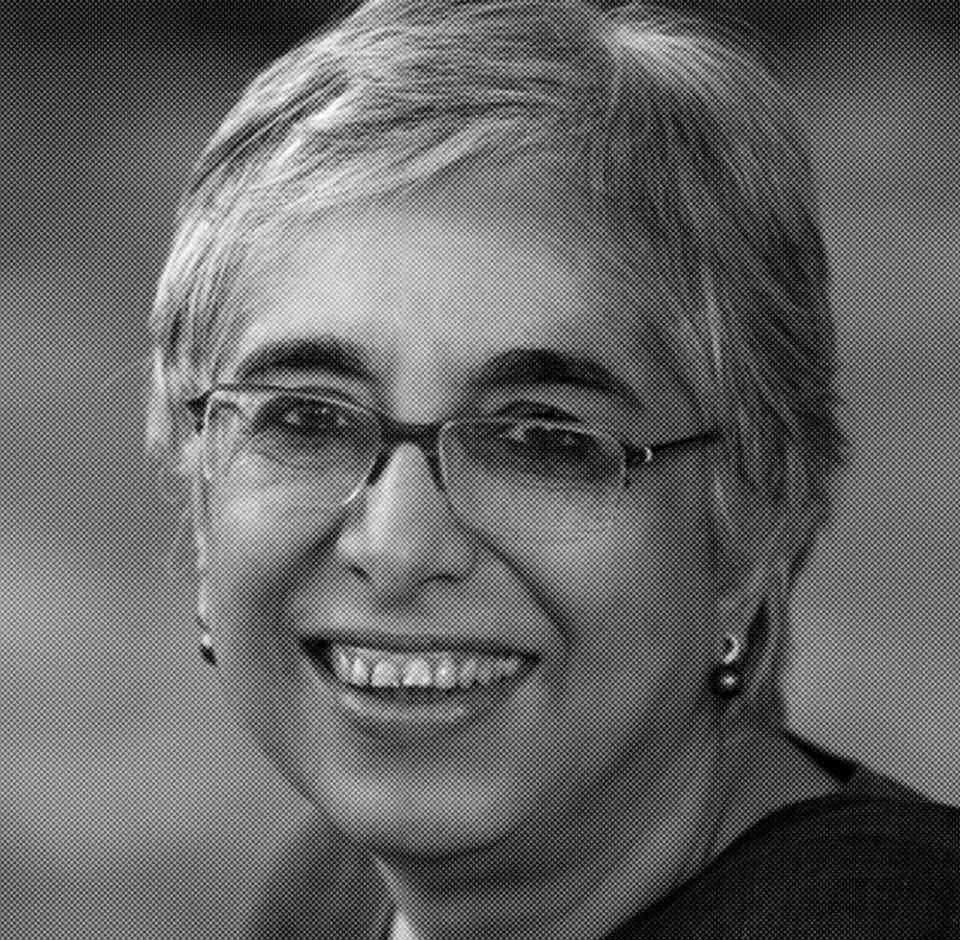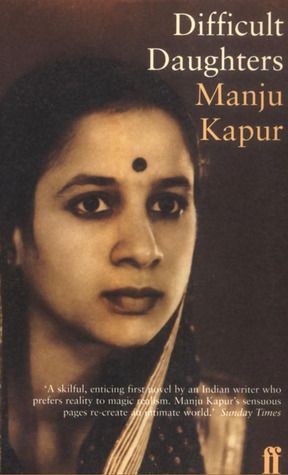Difficult Daughters - A Review
Jul 20, 2019 • 33 views
In our series of works by Indian women novelists, the third novel we’ll be talking about is ‘ Difficult Daughters’ by Manju Kapur.

Manju Kapur is an accomplished Indian writer. Her first published work Difficult Daughters won the Commonwealth Writer’s prize for the year 1999. She is deeply influenced by feminist thinking and she declares herself to be a feminist. She believes, while describing the relationship between a man and a woman, a feminist perspective is inevitable.
Manju Kapur’s Difficult Daughters presents a saga which successfully treads through the complex terrain of society , family and relationships. The novel is set against the backdrop of political turmoil and partition. Virmati, the lead character , gives us an insight into the minds of the people, the society and especially the men and women of that era. Manju Kapur has also been successful in shaping the difference which women face in the society.

Difficult Daughters is the story of three daughters belonging to different generations - the grandmother Kasturi, her daughter Virmati and Virmati’s daughter Ida, the narrator. They are branded as difficult because they try to search their identity and raise their voices against patriarchy.
Harish is the professor from Difficult Daughters who belongs to the intellectual class. Manju Kapur through Harish tries to give us a picture of an infidel and an inconsiderate man I spite of having studied abroad. We see Harish cheating on his wife and involving in a relationship with a woman much younger than him. As a father too, Harish is uncaring and unloving. He enjoys the best of both worlds - in Ganga, his wife, he has a servant who takes care of his daily needs and rears his children. In Virmati, he has an intellectual companion and a sexual partner. The dual standards of the society is very prominent in this context because the patriarchal society never questions him for cheating on his wife whereas the same society brand Virmati as immoral and questions her character. Therefore accepting that all rules and regulations are just for women.
